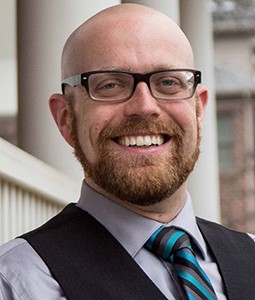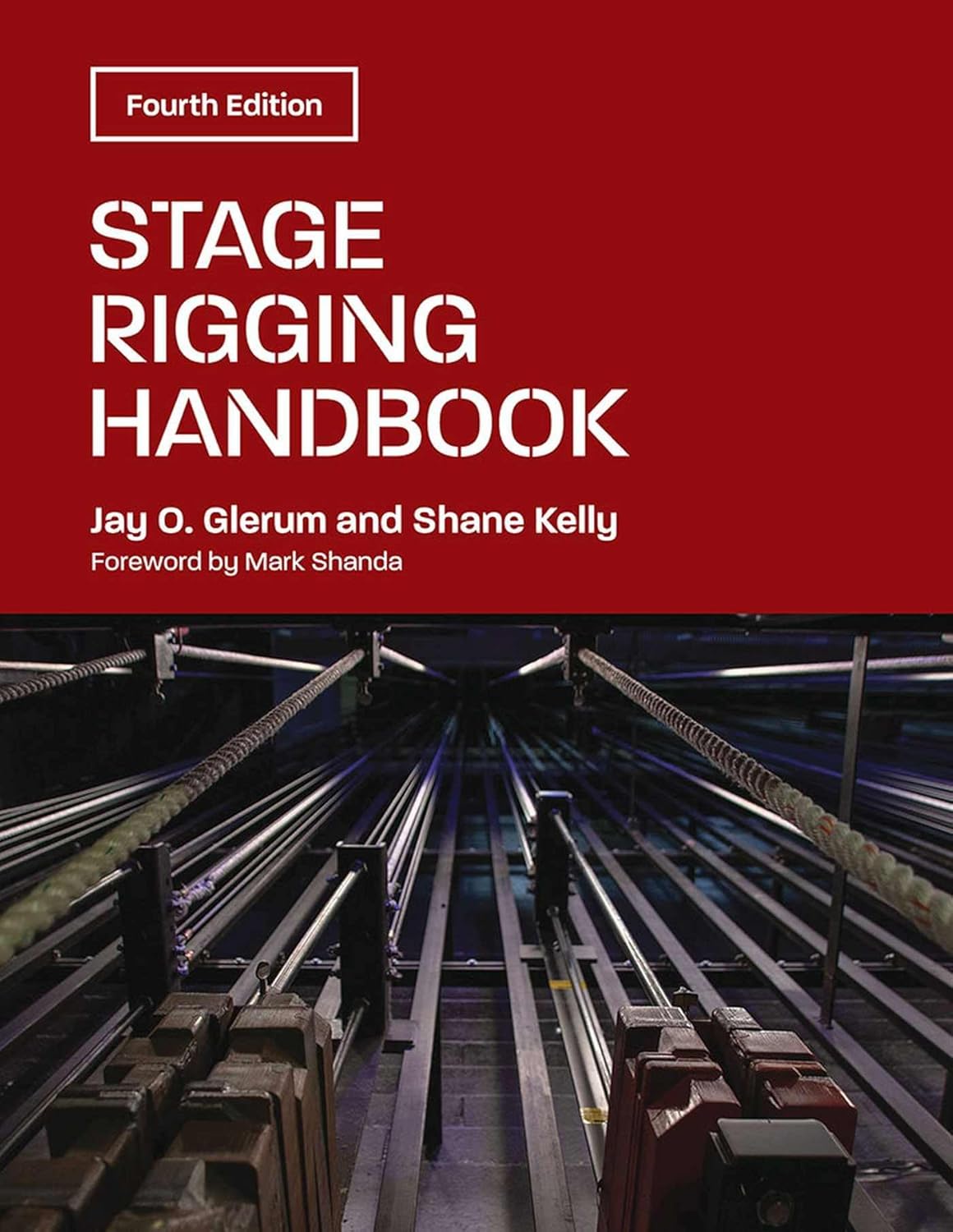/conservatory/PublishingImages/TheatreTheatreTechnology.jpg
RandomStandardImageHeaderWH1
The Theatre School’s Bachelor of Fine Arts (BFA) degree in theatre technology trains students for theatre in an entertainment era. Student learn to collaborate and implement a designer's vision through work as a technical director, rigger, draftsperson, props director, scenic carpenter, and theatrical craftsperson.
Request InformationVisitApply OnlineScholarship
 Shane Kelly | Head of Theatre TechnologyThe program simulates a theatrical technician's professional experience and process. Students learn to translate creative designs into technical plans, creating safe and effective physical structures for performance. BFA Theatre Technology students collaborate and problem solve with directors, designers, and other technicians, creating sets, props, and physical environments for theatre and entertainment productions. The faculty, staff, and students of the Theatre Technology program approach training in a human-centered, safety-focused, and sustainable way, developing the future of the industry.
Shane Kelly | Head of Theatre TechnologyThe program simulates a theatrical technician's professional experience and process. Students learn to translate creative designs into technical plans, creating safe and effective physical structures for performance. BFA Theatre Technology students collaborate and problem solve with directors, designers, and other technicians, creating sets, props, and physical environments for theatre and entertainment productions. The faculty, staff, and students of the Theatre Technology program approach training in a human-centered, safety-focused, and sustainable way, developing the future of the industry.
Students learn from distinguished and award-winning faculty who are professional technicians, artists, and designers both in the classroom and through individual guidance and advising. Shane Kelly, the program head, is an internationally recognized rigger, production manager, and technical director. He is the co-author of the 4th Edition of Stage Rigging Handbook with Jay O. Glerum.

Common career outcomes include:
- Automation Technician
- Carpenter/Diver
- Commercial scenic production
- Draftsperson
- Exhibit Installation
- Production Manager/Designer
- Project Manager/Lead
- Props Artisan
- Props Director
- Rigger
- Scenic Carpenter & Welder
- Systems Integrator
- Technical Director/Assistant Technical Director
.png)
Alumni enjoy technical careers in theatre production, film, television, commercial scenic production, touring theatre and concerts, and many other areas of entertainment. Roles include Controls Integrator TAIT Towers, Carpentry/Rigging at Cirque du Soleil (Vegas), Production Technician at The Rose Theatre Kingston (London), Carpenter at Chicago Scenic Studios, Assistant Technical Director at Oregon Shakespeare Festival, Assistant Flyman, Life of Pi Tour, to name a few!
BFA Theatre Technology Curriculum
The first year curriculum is taken in collaboration with other design and technical students and is an immersion into the culture of production and design. Students explore thinking metaphorically and abstractly with an appreciation of design and technology as an aesthetic distinct from other art forms. Classes include basic construction, materials, and a technical drawing progression. Students complete three production crew assignments in our production season and have access to the shops to hone their skills and receive guidance and critique from professional faculty and staff.
In the second year, students begin to focus on the specifics of construction and rigging scenery for the theatre. Students continue their technical drawing progression and complete elective coursework in other design or technical areas such as lighting, projection, and sound. Students work throughout the year on productions as carpenters, lead carpenters, props artisans, and assistant technical directors, solidifying their work on small-scale shows in preparation for increased responsibility in subsequent year.
Third-year students start to develop a specific focus while continuing to hone their skills in the areas of technical direction and project management. Students work as lead carpenters, drafters, riggers, assistant technical directors, and technical directors for the production season, working collaboratively with designers to implement and construct their designs and serving as a cohesive component of the collaborative team.
In year four, students further develop their abilities and prepare to enter the profession. Coursework includes the preparation and study of managerial roles in theatre. Students work in leading roles in the production season and are encouraged to complete a professional internship to expand their network and forge career pathways. In addition, students may complete a professional internship of their choosing or participate in the Study Abroad Program in collaboration with The Royal Central School of Speech and Drama in London (optional and additional cost).
Liberal Studies
In addition to the major's requirements, students complete 52 quarterly credit hours (13 courses) in the university’s
Liberal Studies Program. Courses are taken in theatre history, writing, quantitative reasoning and technological literacy, philosophical inquiry, religious dimensions, scientific inquiry, understanding the past, multiculturalism in the United States, and electives. These liberal studies courses are scheduled during the first three years of the program.
Get more information
Complete the form below to receive more information about this degree program.
If the form fails to load or displays incorrectly,
please fill out an
alternate form.